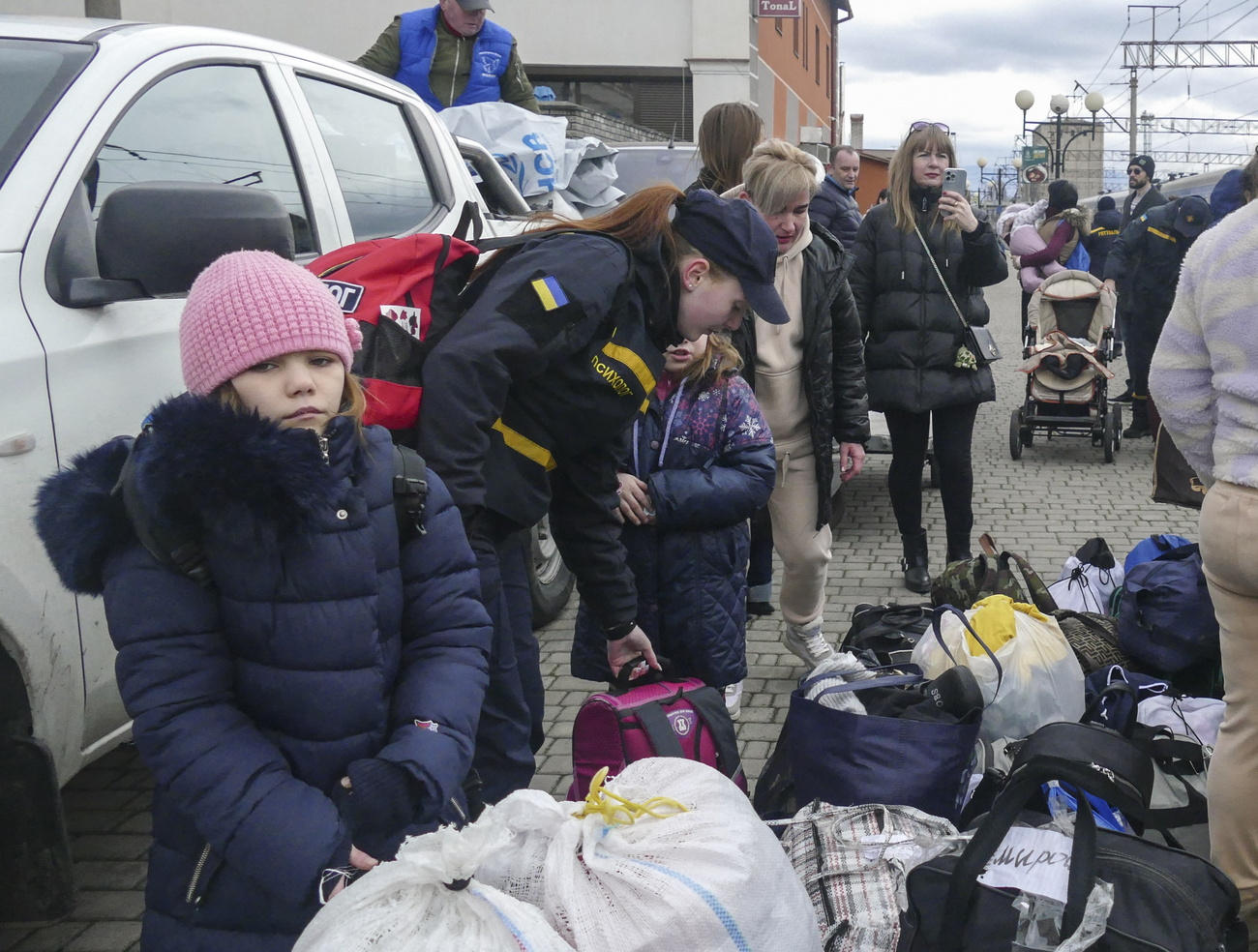
Switzerland hails anti-torture treaty

Switzerland has welcomed a United Nations' decision to enforce an international treaty against torture, a move that was opposed by the United States.
The new optional protocol approved by the UN Economic and Social Council seeks to finally enforce the UN international convention on torture, which was ratified in 1989 by about 130 countries, including the US.
The new protocol sets up an international system of inspections for all sites where prisoners are held, to ensure that torture is not taking place.
The human rights group, Amnesty International, estimates that people were tortured or inhumanely treated by the authorities in 111 countries last year alone.
“I think nowadays it is unacceptable that we live in society where there is still torture and despite all the papers we have signed, we still did not have an effective instrument on a universal level to combat and prevent torture,” Arthur Mattli head of the human rights section in the Swiss Foreign Ministry told swissinfo.
Swiss role
While the new pact was sponsored by Costa Rica, Switzerland played a quiet but significant role, providing legal and technical assistance during the often-difficult drafting stage.
“Costa Rica asked Switzerland for technical help and we granted it…and conceptually of course we supported CR in their efforts to prevent torture,” Mattli said.
“It doesn’t mean that we are happy with every line in the optional protocol,” he added.
US opposition
The pact will require ratifying countries to set up national inspection committees for all their prisons and other detention centres. These countries must submit to regular inspections by an international committee too.
Some countries, most notably America – and ironically two of its main targets on its list of suspected terrorist states – Sudan and Libya – were reluctant to agree to international inspections.
But Washington’s proposal to reopen the ten long years of negotiation on the pact was defeated, with some European countries accusing the US of trying to kill off the protocol.
“We have states that give priority to national mechanisms and are opposed to international mechanisms. Other countries are opposed to national mechanisms and only trust international mechanisms. Here we have a combination of both. It is a compromise that is in fact a very interesting mix of the two scenarios,” Mattli said.
He noted that America takes in around 400,000 people who were victims of torture, “… and so we cannot say that the US is opposed to the prevention of torture. But it has its own reasons for abstaining – such as incompatibility with internal law.”
Correspondents said that the Bush administration had privately admitted that it had been stung by the recent international outcry over the treatment of alleged al-Qaeda and Taliban detainees at the US base in Guantanamo, Cuba.
No sanction power
The protocol does not envisage taking any sanctions against countries that continue to commit acts of torture. The main thrust of the measure is to share experiences and offer advice, in the hope of preventing situations in which acts of torture or inhuman treatment could take place.
“The clear focus is on why torture happens and how we can prevent it. It is not about penalising the guilty. It is a question of …how to improve examinations of those in custody and assess what can happen there,” Mattli said.
by Imogen Foulkes

In compliance with the JTI standards
More: SWI swissinfo.ch certified by the Journalism Trust Initiative



























You can find an overview of ongoing debates with our journalists here . Please join us!
If you want to start a conversation about a topic raised in this article or want to report factual errors, email us at english@swissinfo.ch.